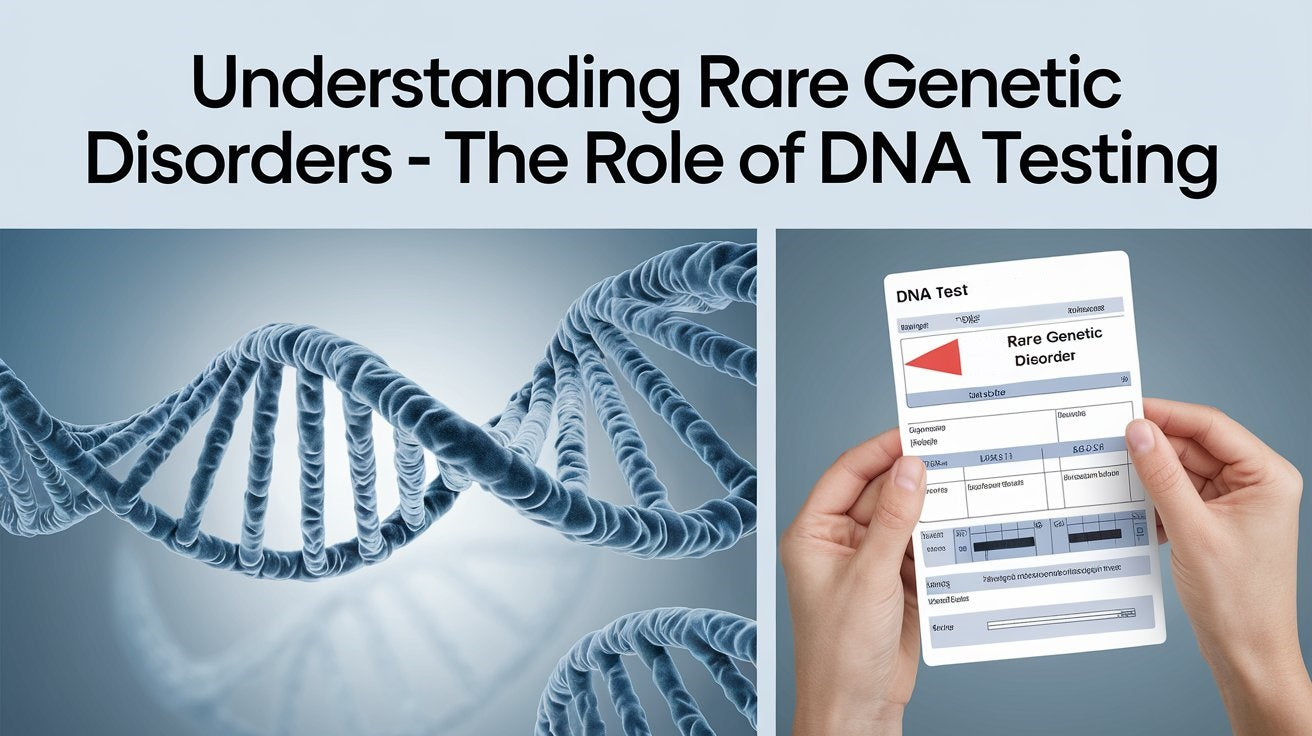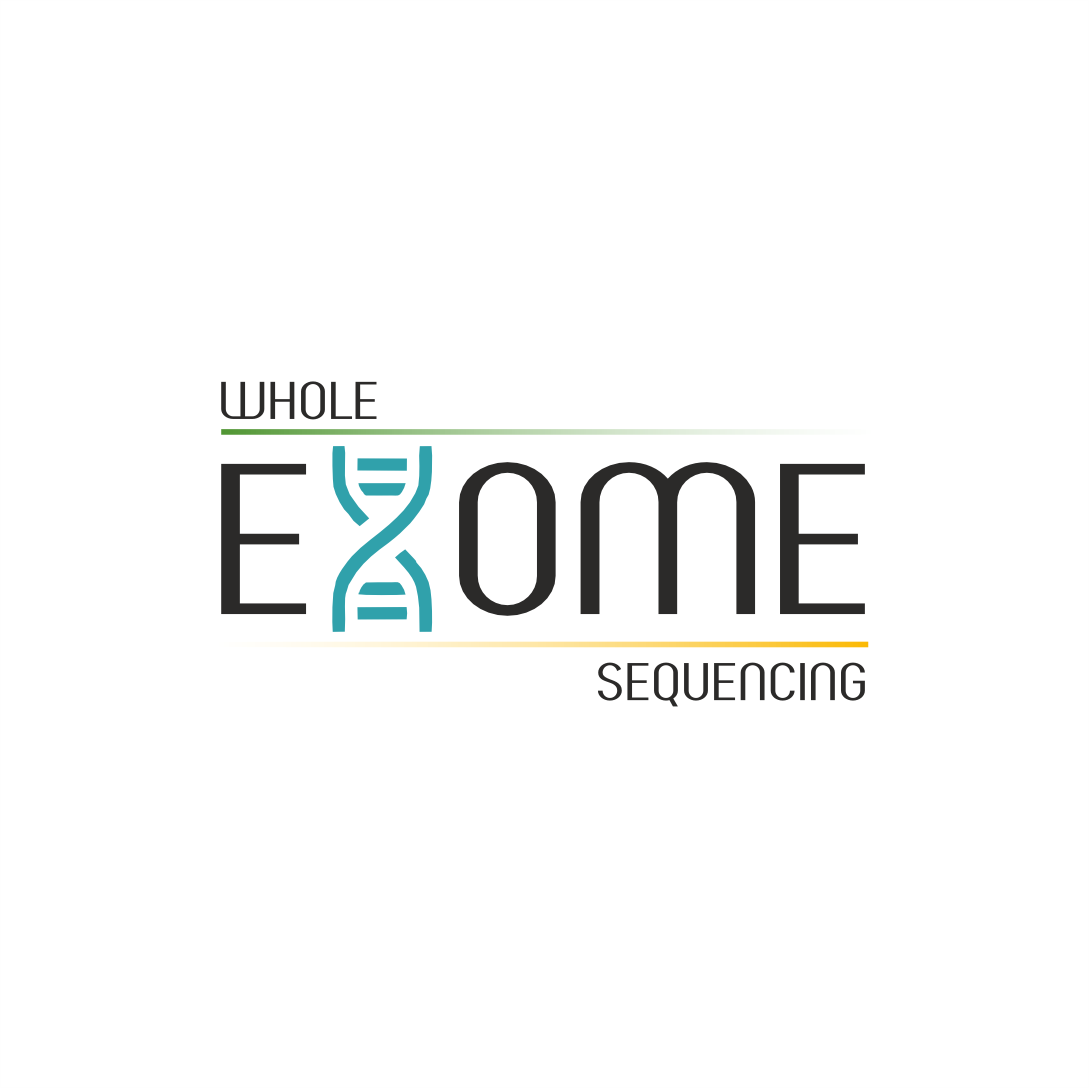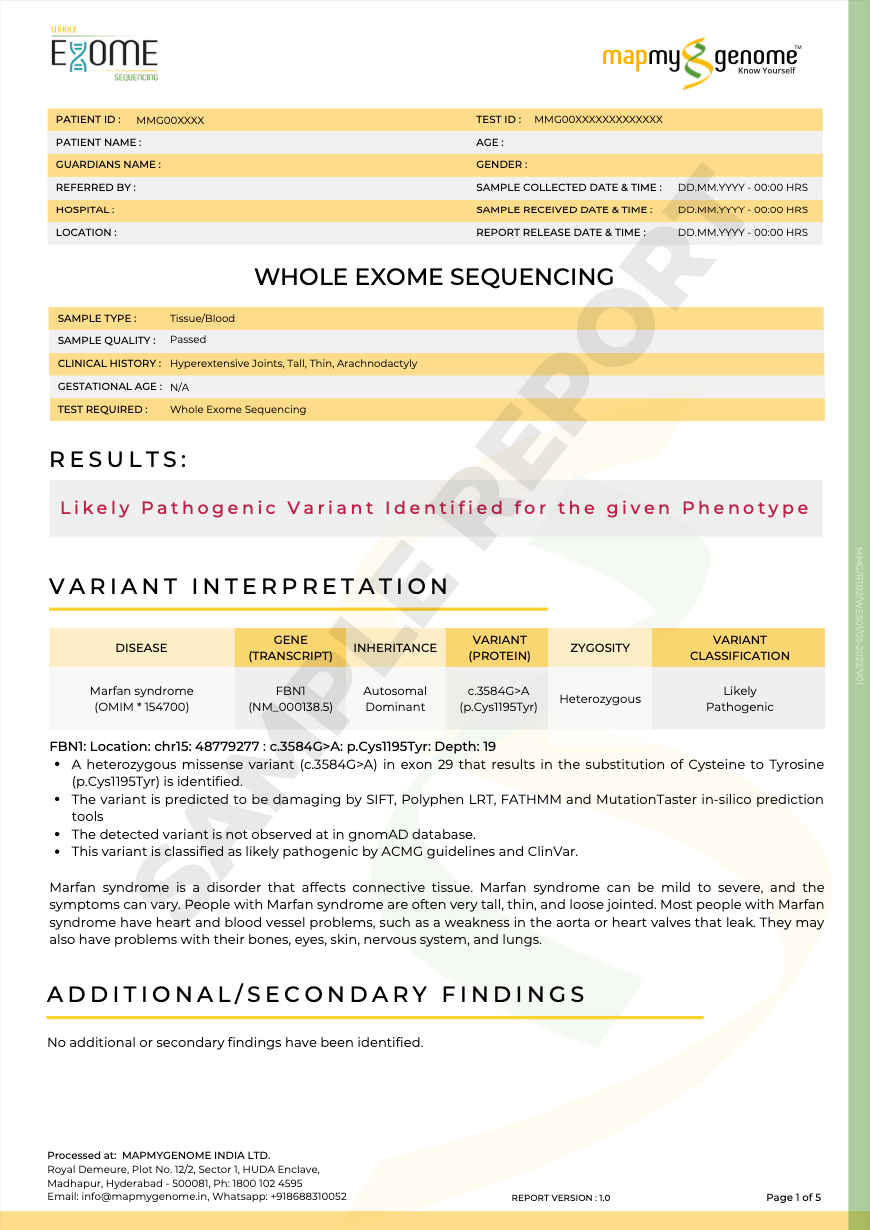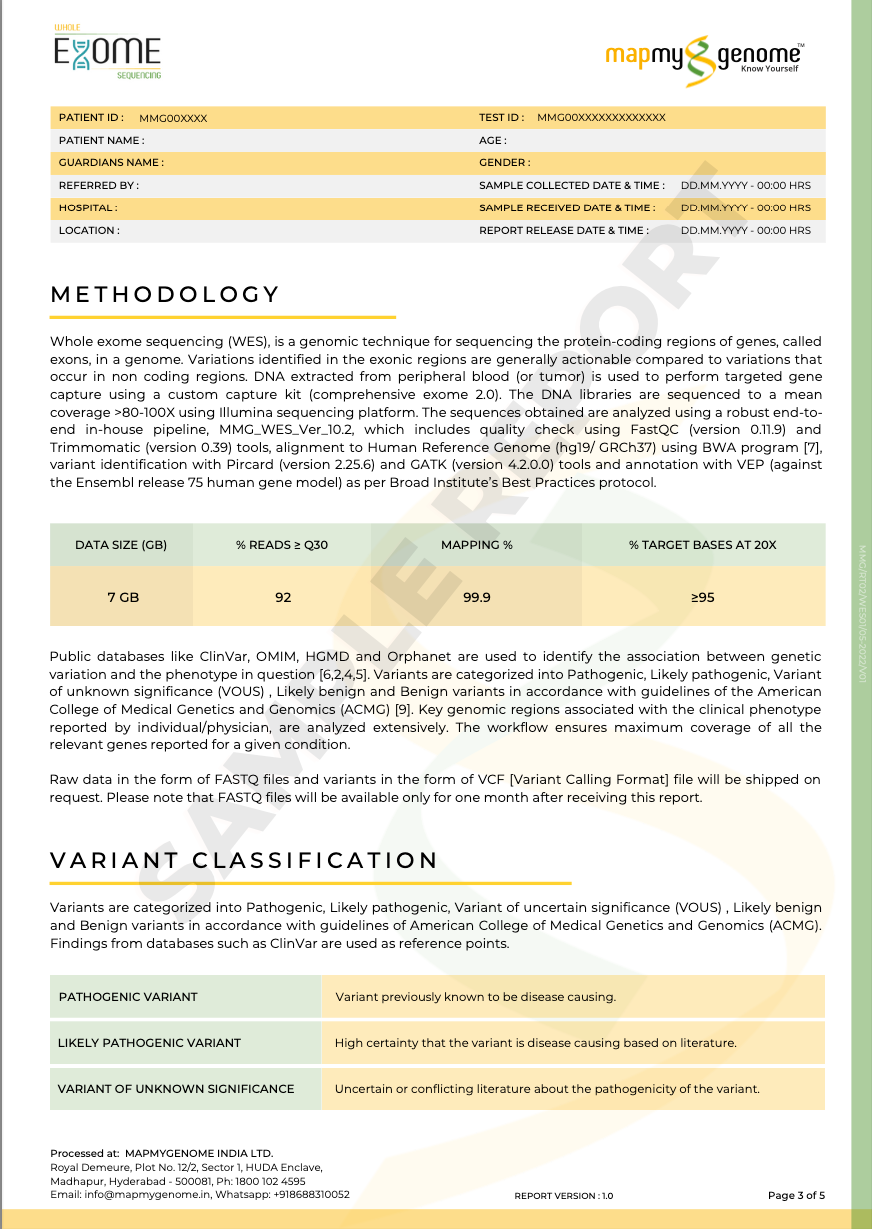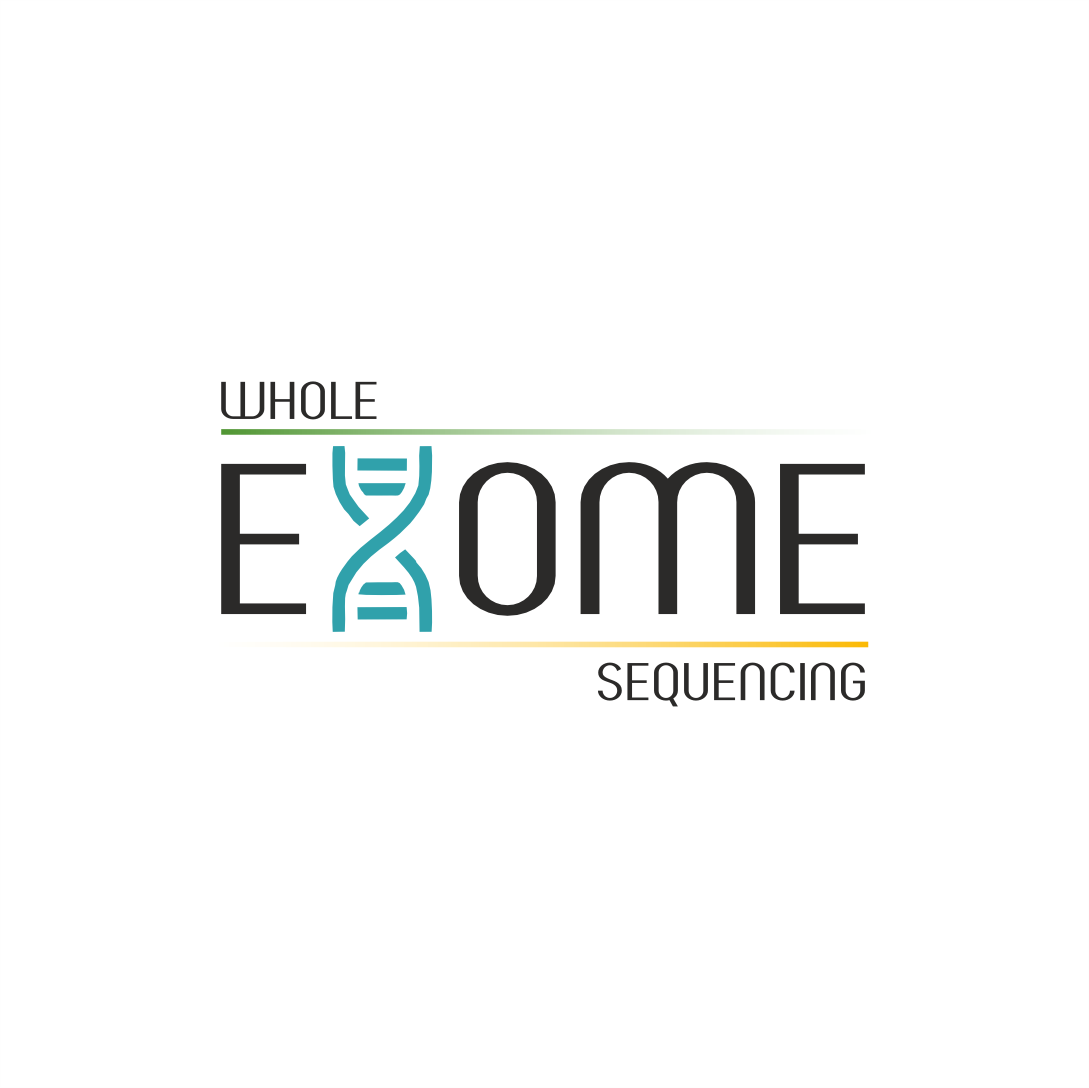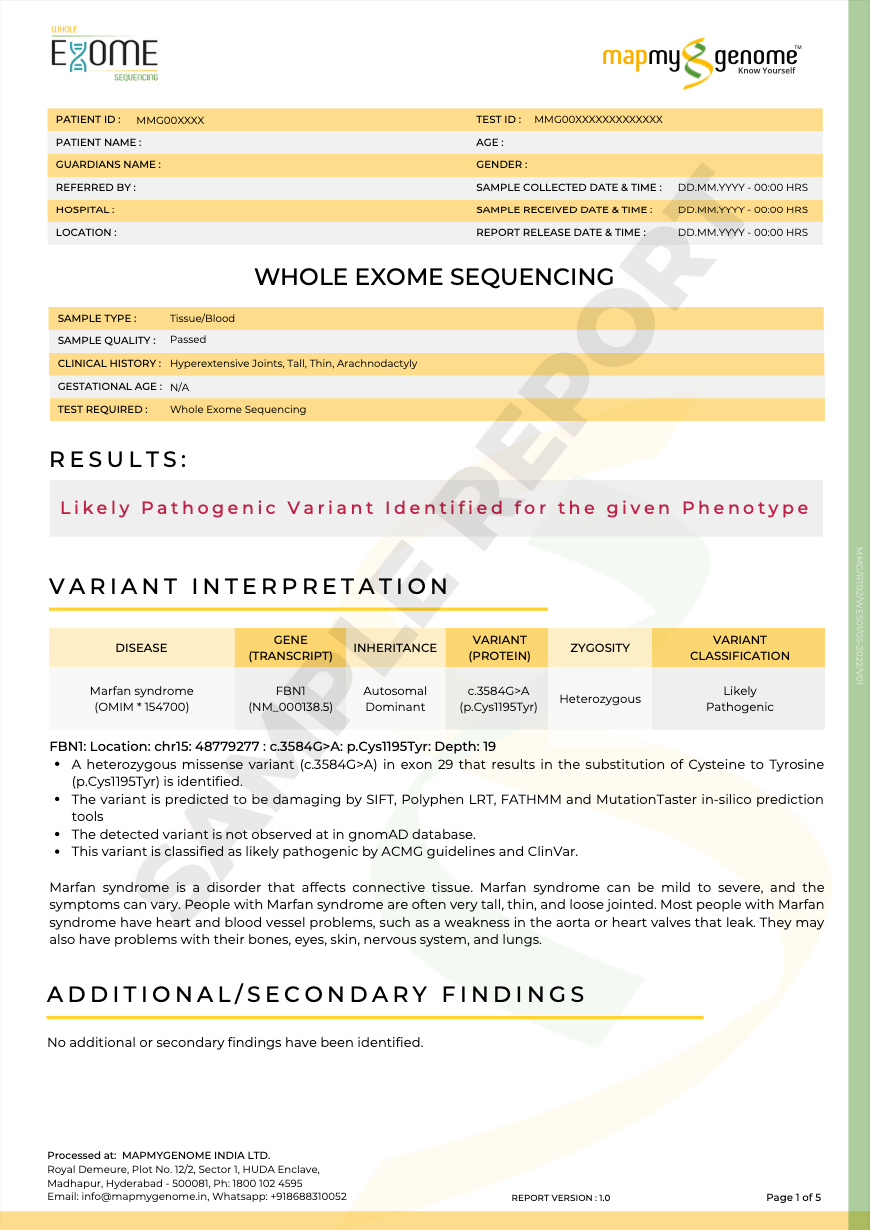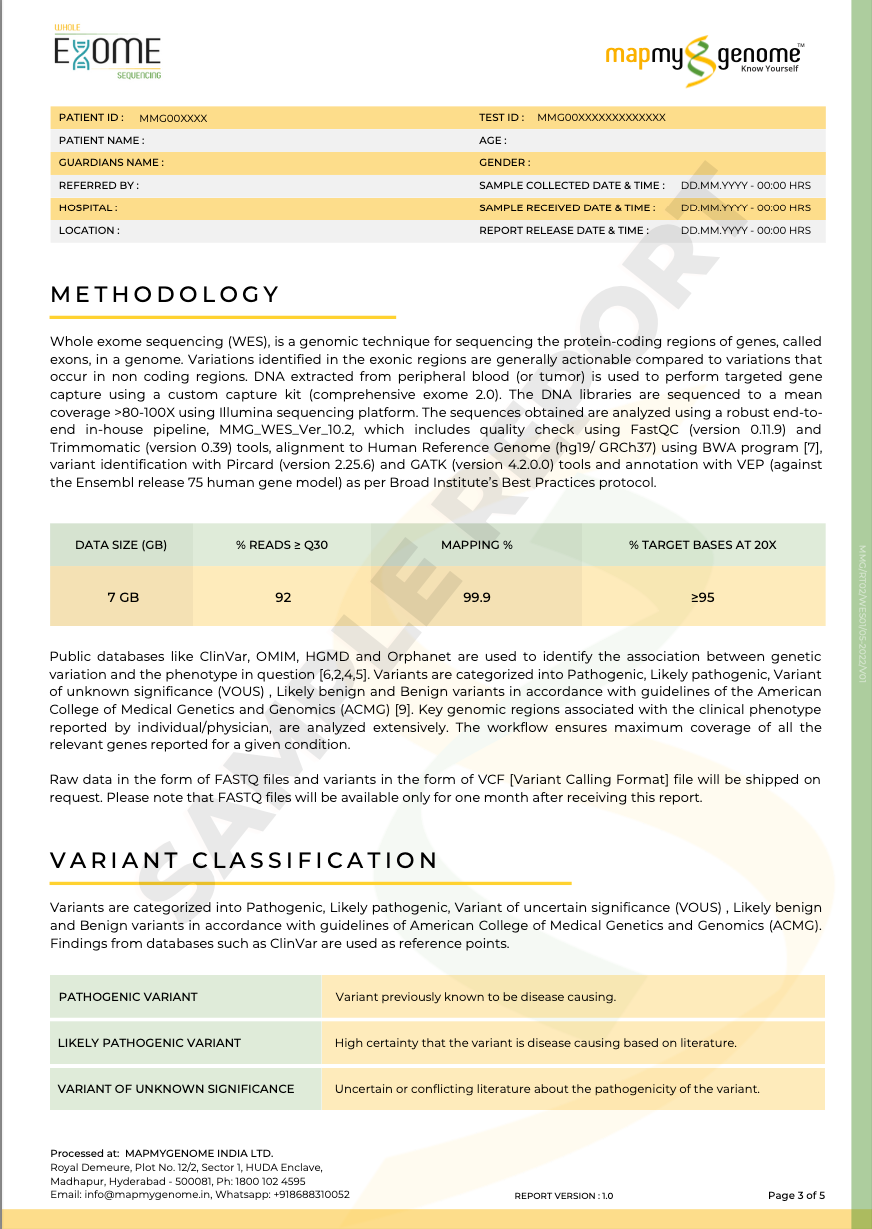दुर्लभ आनुवंशिक विकार दुनिया भर में लाखों लोगों को प्रभावित करते हैं, फिर भी उनकी जटिलता के कारण उनका निदान कम या गलत तरीके से किया जाता है। आनुवंशिक परीक्षण में प्रगति ने इन स्थितियों के निदान और प्रबंधन में क्रांति ला दी है, जिससे उत्तर चाहने वाले व्यक्तियों और परिवारों को आशा की किरण मिली है। इस ब्लॉग में, हम दुर्लभ आनुवंशिक विकारों के निदान में डीएनए परीक्षण की भूमिका का पता लगाएंगे, बताएंगे कि यह कैसे काम करता है, और प्रभावित लोगों पर इसके जीवन-परिवर्तनकारी प्रभाव पर चर्चा करेंगे।
दुर्लभ आनुवंशिक विकार क्या हैं?
दुर्लभ आनुवंशिक विकार एक ऐसी स्थिति है जो एक या अधिक जीन में उत्परिवर्तन के कारण होती है, जो आबादी के एक छोटे प्रतिशत को प्रभावित करती है। ज़्यादातर मामलों में, ये विकार विरासत में मिलते हैं, जिसका अर्थ है कि ये एक पीढ़ी से दूसरी पीढ़ी तक पहुँचते हैं। कुछ सबसे प्रसिद्ध दुर्लभ आनुवंशिक विकारों में सिस्टिक फाइब्रोसिस, हंटिंगटन रोग, ड्यूचेन मस्कुलर डिस्ट्रॉफी और स्पाइनल मस्कुलर एट्रोफी शामिल हैं। जबकि प्रत्येक स्थिति दुर्लभ है, सामूहिक रूप से, दुर्लभ आनुवंशिक विकार वैश्विक स्तर पर 300 मिलियन से अधिक लोगों को प्रभावित करते हैं।
चूँकि दुर्लभ बीमारियाँ शरीर की विभिन्न प्रणालियों को प्रभावित कर सकती हैं, इसलिए वे अक्सर लक्षणों की एक विस्तृत श्रृंखला प्रस्तुत करती हैं, जिससे निदान विशेष रूप से कठिन हो जाता है। आनुवंशिक परीक्षण किसी व्यक्ति के डीएनए का विश्लेषण करके किसी विकार के सटीक कारण का पता लगाने का एक कुशल तरीका प्रदान करता है।
शीघ्र निदान का महत्व
कई दुर्लभ आनुवंशिक विकारों के लिए, प्रभावी प्रबंधन और उपचार के लिए प्रारंभिक निदान महत्वपूर्ण है। सटीक निदान के बिना, व्यक्ति कई वर्षों तक पीड़ित रह सकते हैं, अनावश्यक उपचार करवा सकते हैं या अन्य स्थितियों का गलत निदान करवा सकते हैं। प्रारंभिक आनुवंशिक परीक्षण परिवारों को लंबी निदान यात्रा से बचने और उचित उपचार और प्रबंधन रणनीतियों को जल्दी शुरू करने में मदद कर सकता है।
उदाहरण के लिए, स्पाइनल मस्कुलर एट्रोफी (SMA) , एक ऐसी स्थिति जो मांसपेशियों की कमजोरी और शोष का कारण बनती है, अगर इसका इलाज न किया जाए तो मोटर फ़ंक्शन का महत्वपूर्ण नुकसान हो सकता है। हालाँकि, शुरुआती हस्तक्षेप के साथ, अब बीमारी की प्रगति को धीमा करने और जीवन की गुणवत्ता में उल्लेखनीय सुधार करने के लिए उपचार उपलब्ध हैं। जितनी जल्दी SMA से पीड़ित बच्चे का निदान किया जाता है, उतनी ही जल्दी उन्हें ये उपचार मिल सकते हैं।
दुर्लभ रोगों के लिए डीएनए परीक्षण कैसे काम करता है
दुर्लभ आनुवंशिक विकारों के लिए डीएनए परीक्षण में किसी व्यक्ति के आनुवंशिक पदार्थ का विश्लेषण करना शामिल है, ताकि उसके डीएनए में होने वाले परिवर्तनों या उत्परिवर्तनों की पहचान की जा सके, जो किसी विशिष्ट स्थिति से जुड़े हो सकते हैं। ये परीक्षण अत्यधिक सटीक होते हैं और विकार का कारण बनने वाले सबसे छोटे उत्परिवर्तनों का भी पता लगा सकते हैं।
दुर्लभ विकारों के निदान के लिए कई प्रकार के आनुवंशिक परीक्षणों का उपयोग किया जाता है:
-
संपूर्ण जीनोम अनुक्रमण (WGS) : आनुवंशिक उत्परिवर्तनों का पता लगाने के लिए WGS पूरे जीनोम का विश्लेषण करता है। यह विशेष रूप से तब उपयोगी होता है जब किसी विकार का कारण अज्ञात हो या जब कई संभावित जीन शामिल हों।
-
संपूर्ण एक्सोम अनुक्रमण (WES) : WES एक्सॉन पर ध्यान केंद्रित करता है, जो जीन के प्रोटीन-कोडिंग भाग हैं, जो जीनोम का लगभग 1% हिस्सा होते हैं लेकिन इनमें 85% रोग पैदा करने वाले उत्परिवर्तन होते हैं। WES का उपयोग अक्सर अस्पष्ट लक्षणों वाली स्थिति के मूल कारण का पता लगाने के लिए किया जाता है।
-
कैरियर स्क्रीनिंग : कैरियर स्क्रीनिंग का उपयोग यह निर्धारित करने के लिए किया जाता है कि क्या किसी व्यक्ति में किसी दुर्लभ आनुवंशिक विकार के लिए जीन उत्परिवर्तन है, भले ही उनमें लक्षण न दिखें। यह उन जोड़ों के लिए विशेष रूप से उपयोगी है जो बच्चे पैदा करने की योजना बना रहे हैं और आनुवंशिक स्थिति को आगे बढ़ाने के अपने जोखिम का आकलन करना चाहते हैं।
आनुवंशिक परामर्श की भूमिका
आनुवंशिक परीक्षण से बहुत सारी जानकारी मिल सकती है, लेकिन यह बहुत ज़्यादा बोझिल भी हो सकता है। आनुवंशिक परामर्श परीक्षण प्रक्रिया का एक अनिवार्य हिस्सा है, जो व्यक्तियों और परिवारों को उनके परीक्षण परिणामों के निहितार्थों को समझने में मदद करता है। एक आनुवंशिक परामर्शदाता यह समझा सकता है कि निष्कर्षों का क्या मतलब है, संभावित स्वास्थ्य जोखिमों पर चर्चा कर सकता है, और विकार के प्रबंधन या उपचार में अगले चरणों के माध्यम से रोगियों का मार्गदर्शन कर सकता है।
सकारात्मक परीक्षण परिणामों के मामले में, आनुवंशिक परामर्श यह समझने के लिए महत्वपूर्ण है कि निदान परिवार नियोजन निर्णयों को कैसे प्रभावित कर सकता है। कुछ जोड़ों के लिए, संभावित जोखिम का ज्ञान उन्हें वैकल्पिक प्रजनन विकल्पों का पता लगाने की अनुमति देता है, जैसे कि प्रीइम्प्लांटेशन जेनेटिक डायग्नोसिस (PGD) के साथ इन-विट्रो फर्टिलाइजेशन (IVF), यह सुनिश्चित करने के लिए कि उनका बच्चा स्वस्थ हो।
दुर्लभ आनुवंशिक विकारों का प्रबंधन
एक बार निदान की पुष्टि हो जाने के बाद, आनुवंशिक परीक्षण उपचार और प्रबंधन योजनाओं का मार्गदर्शन भी कर सकता है। हालाँकि कई दुर्लभ आनुवंशिक विकारों के लिए इलाज नहीं हो सकता है, लेकिन लक्षणों को कम करने, बीमारी की प्रगति को धीमा करने और जीवन की गुणवत्ता में सुधार करने के लिए उपचार उपलब्ध हैं। इसके अतिरिक्त, आनुवंशिक परीक्षण के माध्यम से नियमित निगरानी समय के साथ उपचार को समायोजित करने में मदद कर सकती है, जिससे सर्वोत्तम संभव परिणाम सुनिश्चित हो सकते हैं।
उदाहरण के लिए, एंजाइम रिप्लेसमेंट थेरेपी (ERT) ने फैब्री रोग और पोम्पे रोग जैसे दुर्लभ लाइसोसोमल स्टोरेज विकारों के प्रबंधन को बदल दिया है। गायब या कम एंजाइम को बदलकर, ERT रोगियों के लक्षणों में काफी सुधार कर सकता है और जटिलताओं को रोक सकता है।
इसके अतिरिक्त, जीन थेरेपी कुछ दुर्लभ आनुवंशिक विकारों के लिए संभावित उपचार के रूप में उभर रही है। जीन थेरेपी में रोगी की कोशिकाओं में दोषपूर्ण जीन की कार्यात्मक प्रतिलिपि को शामिल करना शामिल है, जो संभावित रूप से दीर्घकालिक या स्थायी समाधान प्रदान करता है। अभी भी अपने शुरुआती चरणों में, जीन थेरेपी ने स्पाइनल मस्कुलर एट्रोफी और हीमोफीलिया जैसी स्थितियों के लिए आशाजनक परिणाम दिखाए हैं।
दुर्लभ विकारों के लिए आनुवंशिक परीक्षण का भविष्य
आनुवंशिक परीक्षण का क्षेत्र तेज़ी से विकसित हो रहा है, और दुर्लभ आनुवंशिक विकारों से प्रभावित लोगों के लिए भविष्य में बहुत संभावनाएं हैं। प्रौद्योगिकी में प्रगति परीक्षण को अधिक सुलभ और किफायती बना रही है, जिससे अधिक लोगों को शीघ्र निदान और व्यक्तिगत उपचार से लाभ मिल रहा है।
जैसे-जैसे हम बीमारियों के आनुवंशिक आधार के बारे में अधिक सीखते हैं, नए उपचार विकसित किए जा रहे हैं जो केवल लक्षणों को प्रबंधित करने के बजाय विकार के अंतर्निहित कारण को लक्षित करते हैं। उदाहरण के लिए, CRISPR जीन-एडिटिंग तकनीक में डीएनए स्तर पर आनुवंशिक उत्परिवर्तन को ठीक करने की क्षमता है, जो भविष्य में कुछ दुर्लभ आनुवंशिक स्थितियों के लिए संभावित इलाज प्रदान करती है।
इसके अतिरिक्त, मल्टी-ओमिक्स दृष्टिकोणों का उदय, जो विभिन्न जैविक प्रणालियों (जैसे जीनोमिक्स, प्रोटिओमिक्स और मेटाबोलोमिक्स) से डेटा को एकीकृत करता है, दुर्लभ बीमारियों की अधिक व्यापक समझ प्रदान कर रहा है। इससे किसी व्यक्ति की अनूठी आनुवंशिक संरचना के अनुरूप अधिक सटीक और प्रभावी उपचार हो सकते हैं।
निष्कर्ष
आनुवंशिक परीक्षण दुर्लभ आनुवंशिक विकारों के निदान और प्रबंधन में एक शक्तिशाली उपकरण है, जो दुनिया भर में लाखों लोगों को आशा प्रदान करता है। किसी स्थिति के लिए जिम्मेदार विशिष्ट आनुवंशिक उत्परिवर्तनों की पहचान करके, व्यक्ति और परिवार एक निश्चित निदान प्राप्त कर सकते हैं, अनावश्यक उपचारों से बच सकते हैं, और व्यक्तिगत प्रबंधन योजनाओं का पालन कर सकते हैं जो जीवन की गुणवत्ता में सुधार करते हैं।
जैसे-जैसे तकनीक आगे बढ़ती जा रही है, आनुवंशिक परीक्षण दुर्लभ बीमारियों के खिलाफ लड़ाई में और भी महत्वपूर्ण भूमिका निभाएगा, जिससे उपचार और रोकथाम के लिए नई संभावनाएं खुलेंगी। यदि आपको या आपके किसी प्रियजन को किसी दुर्लभ आनुवंशिक विकार का संदेह है, तो आनुवंशिक परीक्षण और परामर्श लेना स्पष्ट निदान और बेहतर भविष्य की ओर पहला कदम हो सकता है।


